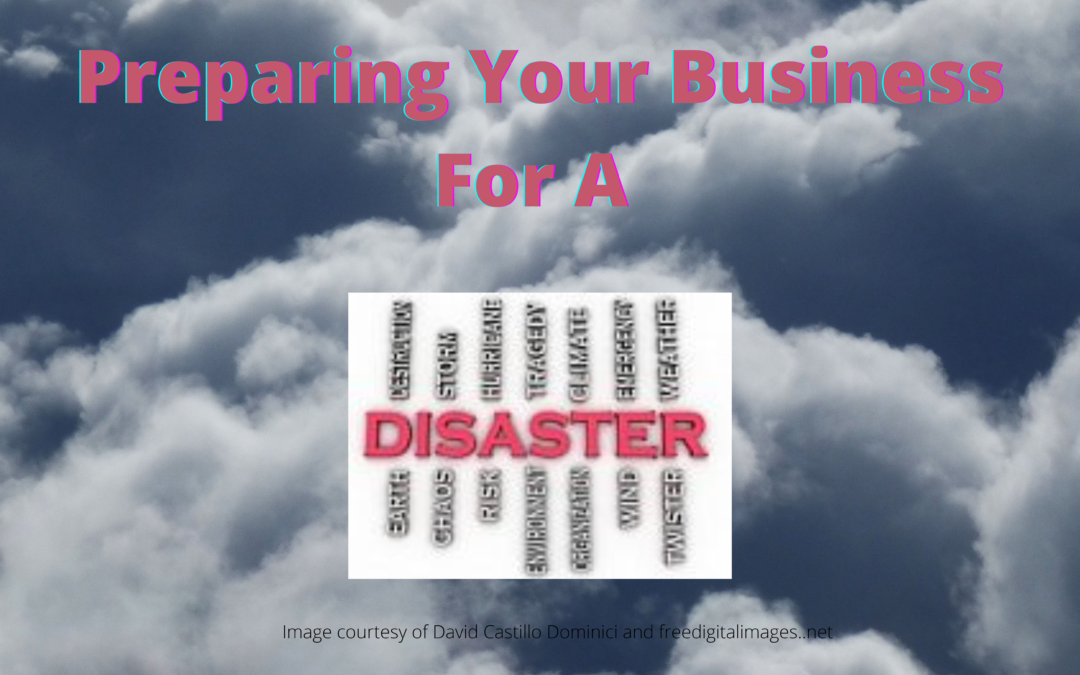Disaster can strike at any time, which is why it is important for you to have a plan of action for the unknown. It can be overwhelming to review resources and do the work it takes to recover, rebuild, and meet financial obligations after an emergency has occurred.
The IRS can help guide you on how to request an extension for filing tax returns and payments as well as help you understand how to claim casualty losses that resulted from loss of your property, destruction or any type of damage.
If a disaster takes place, look for Emergency Tax Relief for Disaster Locations. This is a special tax law that helps recover financially from the impact of a disaster. Specifically, you have to be in a location that the federal government declares as a “disaster area”.
Depending on your situation, the IRS may be able to grant you additional time to pay your taxes or to file your return. You can also potentially get a faster refund by claiming losses related to the disaster on your return for the previous year.
You can do this by simply amending your tax return. If you would like more information regarding options available to you, check out the IRS’ page on Disaster Assistance Emergency Relief for Individuals and Businesses. This page provides frequently asked questions, news specific to local disaster areas, and the latest tax relief guidance for disaster scenarios.
Even if you do not live in an area that is frequently impacted by disasters, it is best to be prepared for an event that could cause damage to your business and important documents. The IRS encourages you to safeguard your financial and tax records in case of an emergency.
They recommend using paperless recordkeeping, documenting your business’ valuables and equipment, updating your emergency plans frequently, and creating a continuity of operations plan in the event of a disaster.
Although you may believe that a disaster will never strike where you live, it is still best to be prepared for the unknown so that your business can continue to run smoothly and be successful in the event one does occur.
